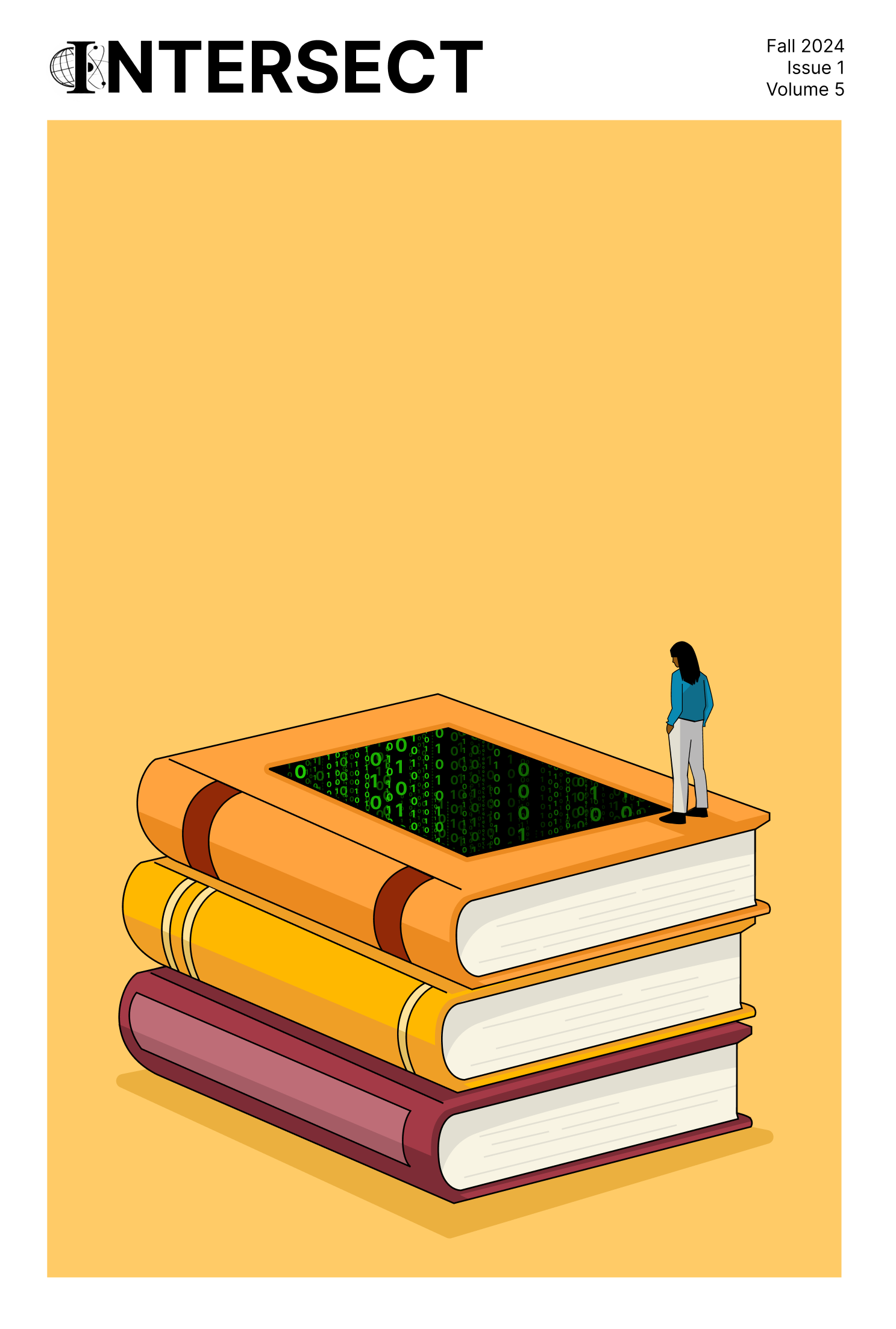The Process and Outworking of Scientific Advancement
Abstract
Science is a tapestry woven by disruption, scrutiny, and innovation. Threads spun by models characterized by Karl Popper, Thomas Kuhn, and Paul Feyerabend interlace to reveal the dynamic journey of scientific evolution. Popper champions critical testing to distinguish genuine science from imitation, heralding the notion of falsifiability. Kuhn reshapes this narrative by exploring paradigm shifts to highlight the staggered maturation of science, implicated by scientific crises and sociocultural contexts. In stark contrast to these views, Feyerabend favors epistemological anarchism over fixed methods, embracing pluralistic and unconventional structures. In synthesis, these philosophers illustrate science as a dance between order and chaos, society and methodology, offering a deep perspective with which to navigate the challenges of scientific advancement in the ever-changing world.
Downloads
Published
Issue
Section
License
Copyright (c) 2025 Intersect: The Stanford Journal of Science, Technology, and Society

This work is licensed under a Creative Commons Attribution-NonCommercial-NoDerivatives 4.0 International License.
Authors who publish with this journal agree to the following terms:- Authors retain copyright and grant the journal right of first publication with the work simultaneously licensed under a Creative Commons Attribution License that allows others to share the work with an acknowledgement of the work's authorship and initial publication in this journal.
- Authors are able to enter into separate, additional contractual arrangements for the non-exclusive distribution of the journal's published version of the work (e.g., post it to an institutional repository or publish it in a book), with an acknowledgement of its initial publication in this journal.
- Authors are permitted and encouraged to post their work online (e.g., in institutional repositories or on their website) prior to and during the submission process, as it can lead to productive exchanges, as well as earlier and greater citation of published work (See The Effect of Open Access).

